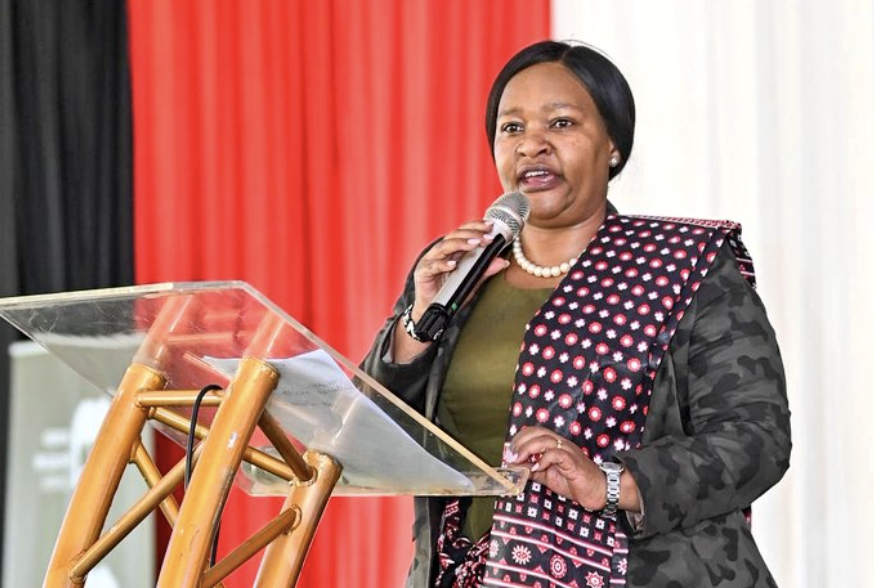African pension funds and private capital are underinvesting in African startups resulting in the fledgling growth of homegrown Venture Capital (VC) funding sector in the continent.
This comes even as startups in Africa have continued to attract millions of dollars in Foreign Direct Investments (FDIs) because they are better placed to tackle problems facing Africans.
This was revealed by broad study conducted by Mozilla Corporation in partnership with the African Union Development Agency (AU-NEPAD) analysing the startup ecosystem in Africa.
The “African Tech Startups As Engines Of Growth & Development” report shows that only 1 per cent of the USD1.8 trillion combined assets held by African pension funds, insurance firms and sovereign-wealth funds flowed into the African startup ecosystem from 2014 to 2024.
Lack of investment pools to match foreign funding and technical resources accessible to African startups has seen most of the USD5.4 billion they raised in 2022 domiciled outside the continent.
Read More
The fact that the investors originate from outside Africa has compounded the problem and the report calls for things to change for African Startups to have a more significant impact.
The study also noted that fragmentation of African markets poses a bigger challenge to investors based in Africa due to varied regulations, higher interest on debt, aggressive expected returns on private investment, and unsophisticated African capital markets.
Lack of a singular regulatory public institution in all African countries to guide startups has not made things any rosier for the bourgeoning startup sector in Africa in the last decade.
Currently, existing policies across Africa lack the badly-needed funding and multi-sectoral collaboration with the policymakers put in charge largely unsuited for the job in most cases.
Furthermore, the regulatory frameworks for African startups remains largely evolving, uncoordinated and varies across countries and economic sectors in the African continent.
The continent is also yet to create policies specially designed to promote sustainable growth of African startups also posing a threat to the African Continental Free Trade Area (AfCFTA).
The hostile operating environments have forced founders to spend more time tackling local systemic challenges instead of taking advantage of the regional and global opportunities.
The study was conducted by Fola Odufuwa and Muriuki Mureithi on behalf of Mozilla Corporation and AU-NEPAD.
The study also shows Africa is not starting enough startups to realise its full potential and whet appetites of foreign investors and needs to attract more than the current VC funding.
However, the continent has great promise evidenced by growing investments flowing into African startups yearly and the growing digital transformation and youth entrepreneurship.
The lucrative future potential for African startups has been enabled by many governments offering key incentives, tax breaks and preferential treatment in accessing public tenders.
The study calls on African policymakers to adopt an ecosystem approach and work with industry players to improve startup laws to address and balance stakeholders’ interests.
To enable this growth, the report urges African policymakers and other stakeholders to tackle hurdles facing startups and to create a conducive environment for entrepreneurship.


-1751118267.jpg)


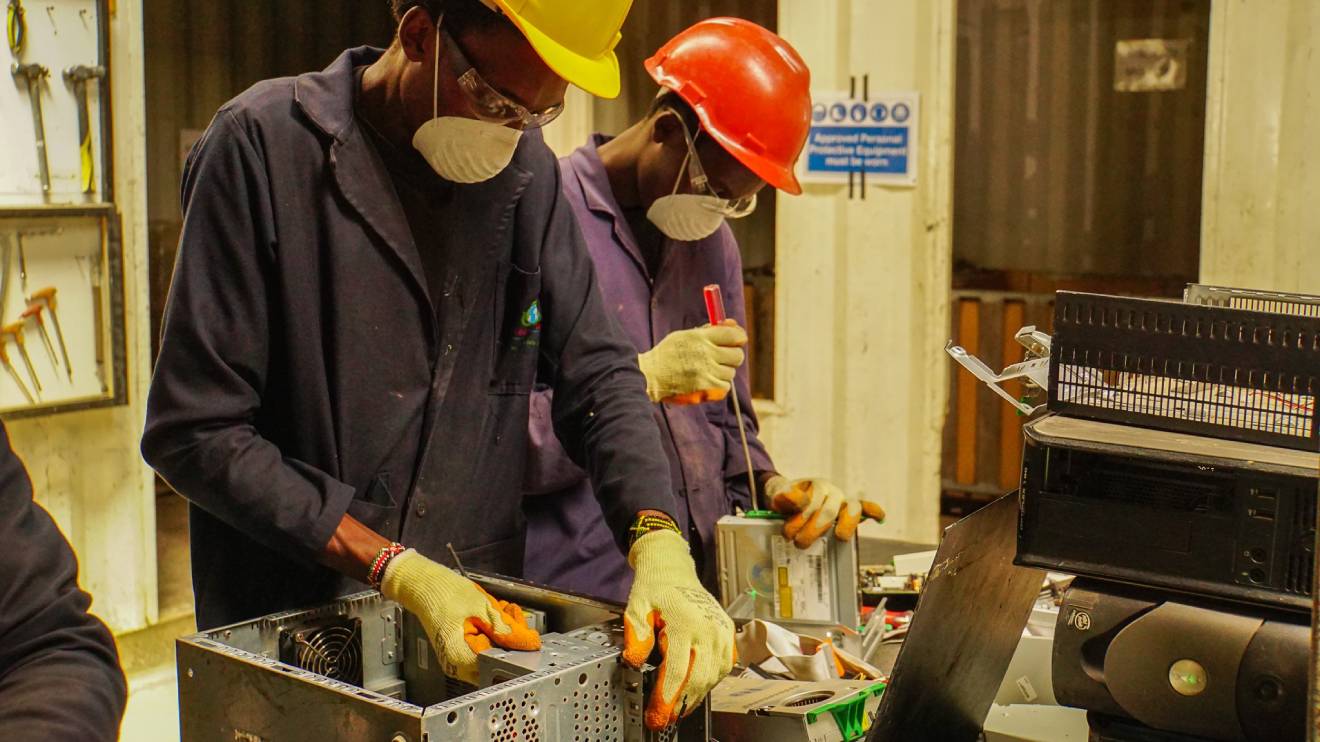


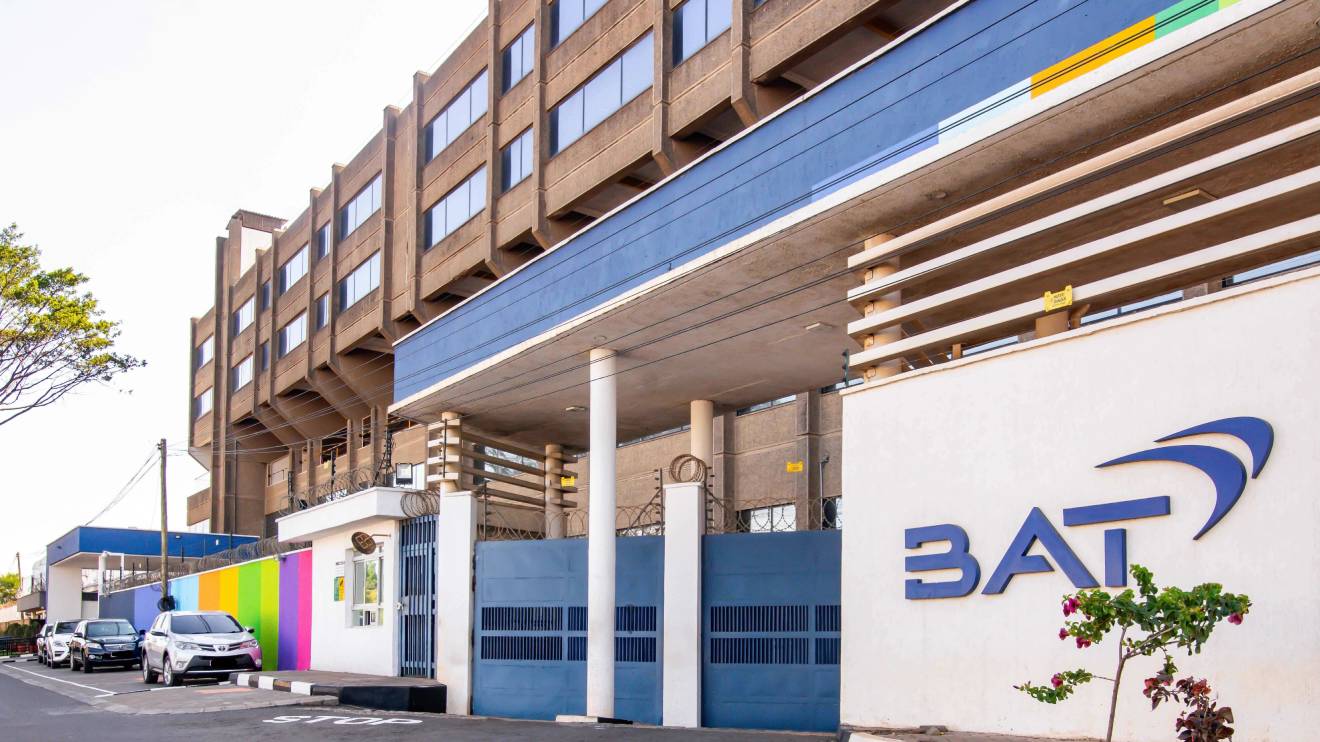
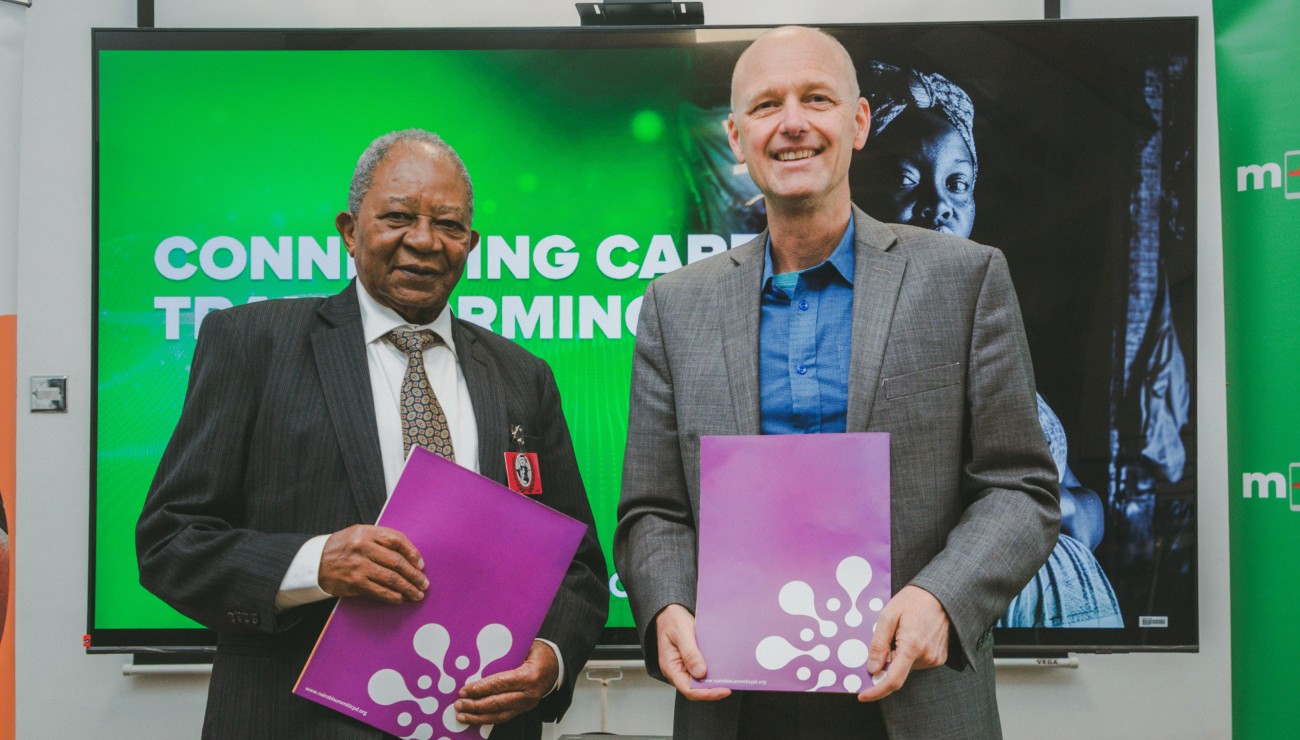
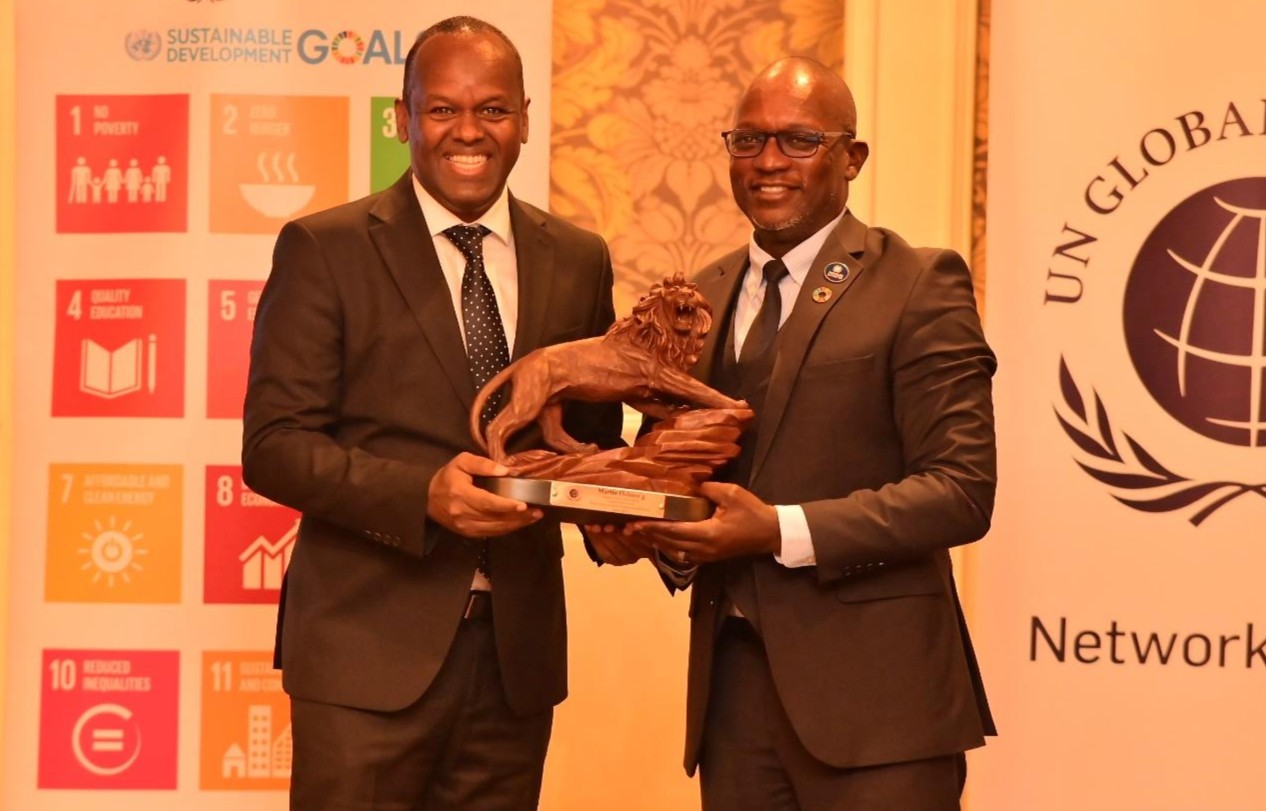
-1751561078.jpg)
